Traumatic dental injuries often occur in accidents or sports-related injuries. Chipped teeth account for the majority of all dental injuries. Dislodged or knocked-out teeth are examples of less frequent, but more severe injuries. Treatment depends on the type, location and severity of each injury. Any dental injury, even if apparently mild, requires examination by a dentist or an endodontist immediately. Sometimes, neighboring teeth suffer an additional, unnoticed injury that will only be detected by a thorough dental exam. Endodontists are dentists who specialize in treating traumatic dental injuries. With their advanced skills, techniques and technologies they can often save injured teeth. If you have a cracked or injured tooth, call us right away!
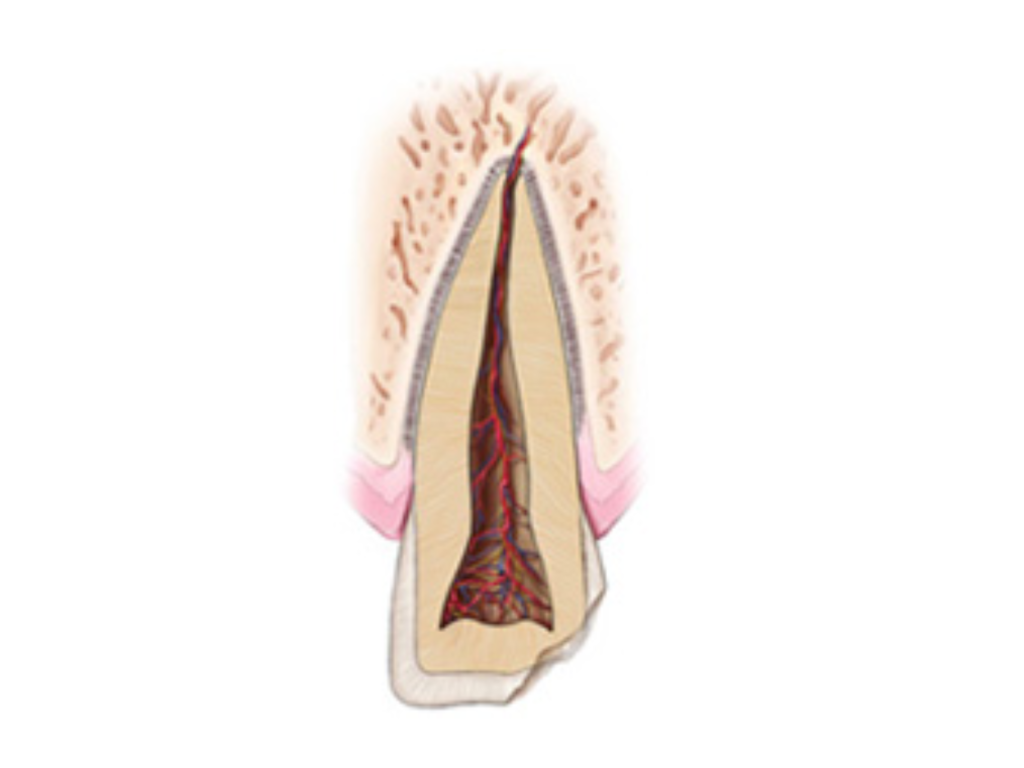
Most chipped or fractured tooth crowns can be repaired either by reattaching the broken piece or by placing a tooth-colored filling. If a significant portion of the tooth crown is broken off, an artificial crown or “cap” may be needed to restore the tooth.
If the pulp is exposed or damaged after a crown fracture, root canal treatment may be needed. These injuries require special attention. If breathing through your mouth or drinking cold fluids is painful, bite on clean, moist gauze or cloth to help relieve symptoms until reaching your dentist’s office. Never use topical oral pain medications (such as Anbesol®) or ointments, or place aspirin on the affected areas to eliminate pain symptoms.
Injuries in the back teeth often include fractured cusps, cracked teeth and the more serious split tooth. If cracks extend into the root, root canal treatment and a full coverage crown may be needed to restore function to the tooth. Split teeth may require extraction.
During an injury, a tooth may be pushed sideways, out of or into its socket. Your endodontist or general dentist will reposition and stabilize your tooth. Root canal treatment is usually needed for permanent teeth that have been dislodged and should be started a few days following the injury. Medication such as calcium hydroxide may be put inside the tooth as part of the root canal treatment. A permanent root canal filling will be placed at a later date.
Children between seven and 12 years old may not need root canal treatment since their teeth are still developing. For those patients, an endodontist or dentist will monitor the healing carefully and intervene immediately if any unfavorable changes appear. Therefore, multiple follow-up appointments are likely to be needed. New research indicates that stem cells present in the pulps of young people can be stimulated to complete root growth and heal the pulp following injuries or infection.
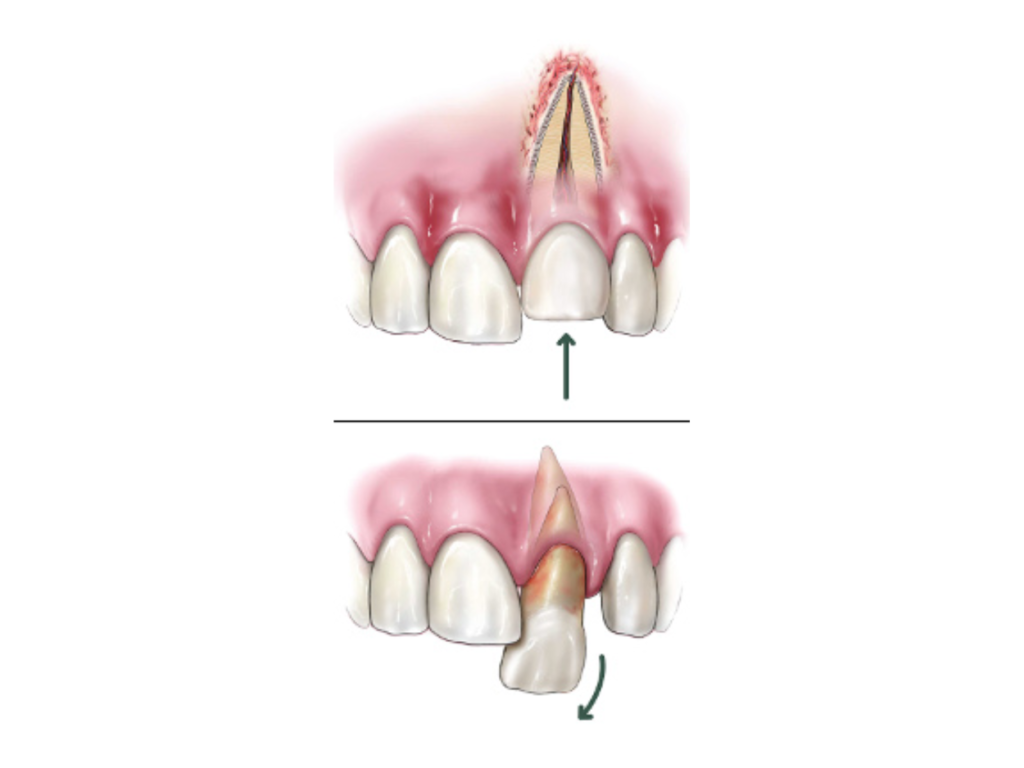
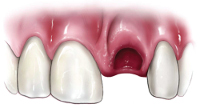
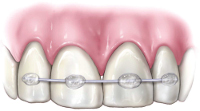
If a tooth is completely knocked out of your mouth, time is of the essence. See an endodontist or dentist immediately! Handle the knocked-out tooth very gently and avoiding touching the root surface.
Your endodontist or dentist will carefully evaluate the tooth, place it back in its socket and examine you for any other dental and facial injuries. A stabilizing splint will be placed for a few weeks.
Depending on the stage of root development, your dentist or endodontist may start root canal treatment a week or two later. A medication may be placed inside the tooth followed by a permanent root canal filling at a later date.
The length of time the tooth was out of the mouth and the way the tooth was stored before reaching the dentist influence the chances of saving the tooth. Again, immediate treatment is essential. Taking all these factors into account, your dentist or endodontist may discuss other treatment options with you.
A traumatic injury to the tooth may also result in a horizontal root fracture. The location of the fracture determines the long-term health of the tooth. If the fracture is close to the root tip, the chances for success are much better. However, the closer the fracture is to the gum line, the poorer the long-term success rate. Sometimes, stabilization with a splint is required for a period of time.
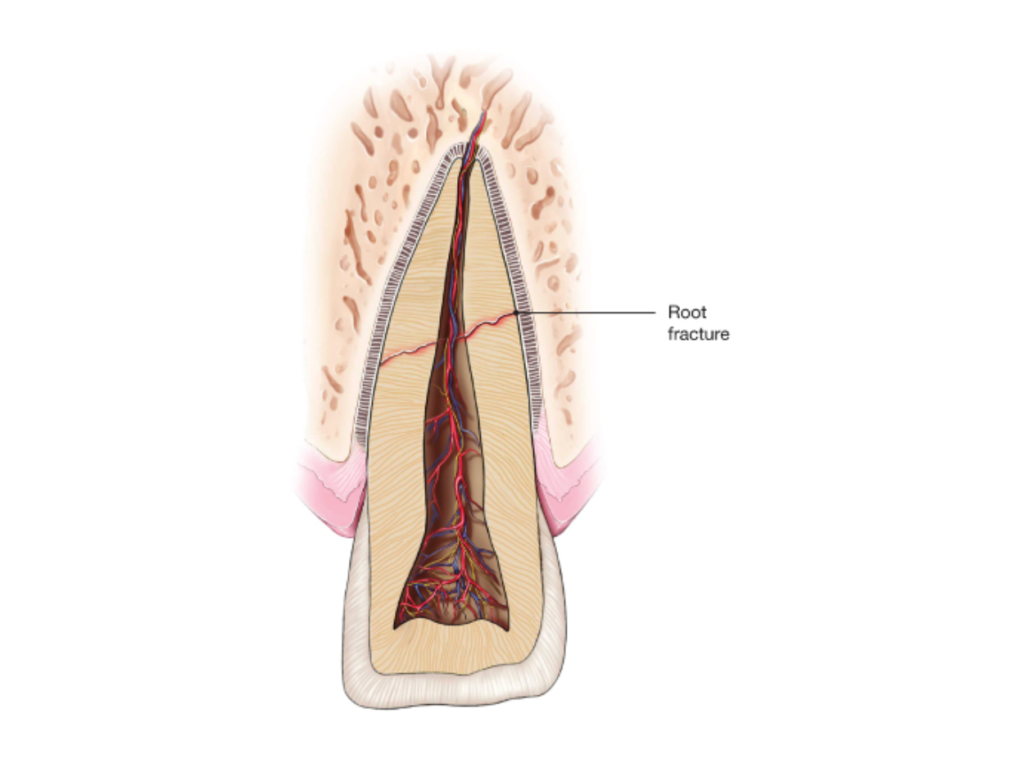
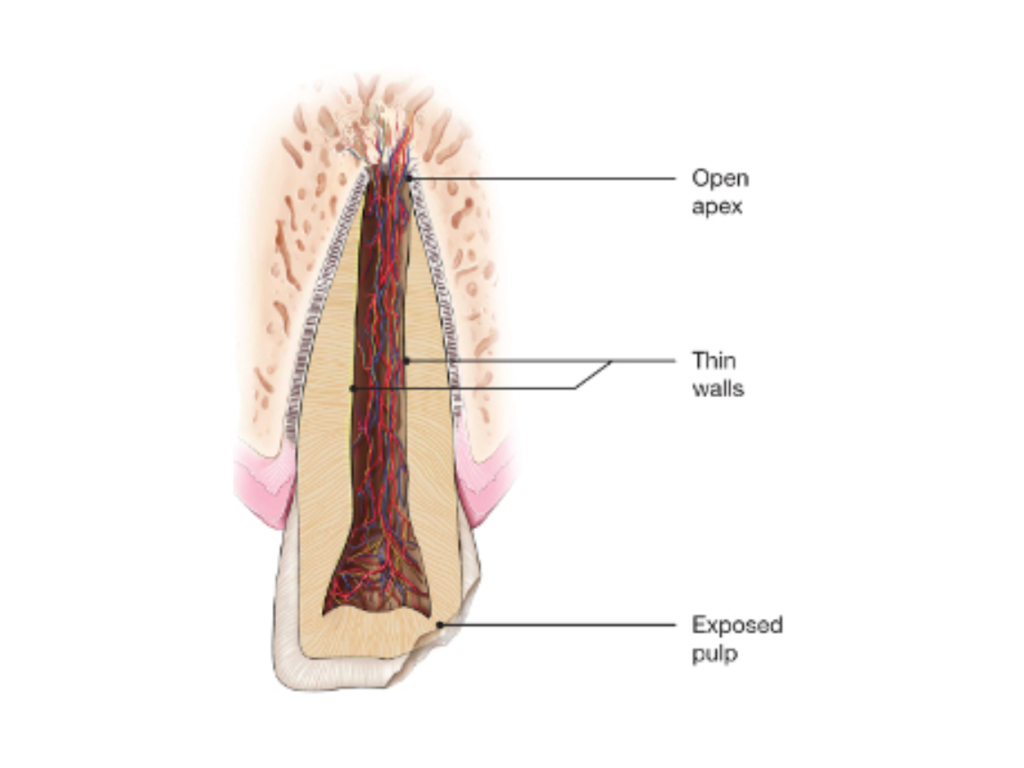
Chipped primary (baby) teeth can be esthetically restored. Dislodged primary teeth can, in rare cases, be repositioned. However, primary teeth that have been knocked out typically should not be replanted. This is because the replantation of a knocked-out primary tooth may cause further and permanent damage to the underlying permanent tooth that is growing inside the bone.
Children’s permanent teeth that are not fully developed at the time of the injury need special attention and careful follow up, but not all of them will need root canal treatment. In an immature permanent tooth, the blood supply to the tooth and the presence of stem cells in the region may enable your dentist or endodontist to stimulate continued root growth.
Endodontists have the knowledge and skill to treat incompletely formed roots in children so that, in some instances, the roots can continue to develop. Endodontists will do all that is possible to save the natural tooth. These specialists are the logical source of information and expertise for children who are victims of dental trauma.